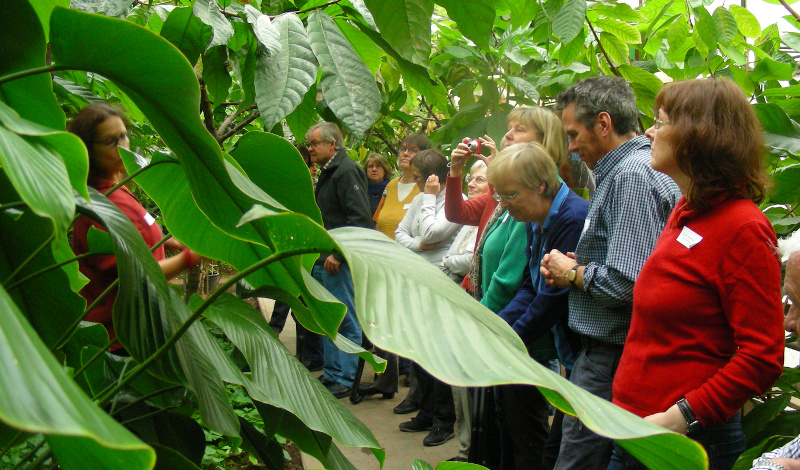Biannual block module
Forthcoming in the academic summer term 2020.
Overview of module contents
When assessing agricultural systems as social-ecological systems, emphasis is on gaining better understanding of farmers‘ management. Through their management activities, farmers establish, maintain and develop agricultural systems. To assess these human activity systems, we use an actor-oriented approach and build on activity theory. We study how farmers regulate ecological processes in order to achieve their production goals. We thereby stress the interdependence of social and ecological processes with respect to the functioning of agricultural systems. Consequently social-ecological systems are studied using transdisciplinary research, in which diverse knowledge types (e.g. academic–practitioner) are brought together for the purpose of better understanding and ultimately improving the sustainability of human—environment systems.
In this module we deal mainly with smallholder mixed farming systems and pastoral production systems, mainly in tropical and subtropical countries. In these systems livestock plays an important role. These low external input systems are characterized by a high degree of human-environment interactions and by strong interdependencies of the production system and the location-specific production environment. Due to the contextual nature of the systems, the integration of diverse knowledge is of high importance in the development of sustainable innovations that fit into the production context and to the capabilities of farmers.
In the first part of the module, students will be provided with the theoretical background of social-ecological system functioning (system theory, human activity systems, cybernetics, resilience, adaptive capacity). In the second part, students will be guided through the different steps of collaborative learning in transdisciplinary research that consists of establishing a collaboration between different actors (e.g. practitioners, researchers, policy makers), facilitating the process of dialogue (knowledge integration), the process of discovery (co-creation of knowledge), and the application of new knowledge in practice. Moreover, we introduce and practice various methods to conduct transdisciplinary research, including e.g. stakeholder analysis, gender analysis, qualitative data collection methods, visual methods, activity and knowledge analysis, scenario analysis and role plays, farmer experimentation, participatory monitoring and evaluation.
Learning objectives
The goal is for participants to understand the role of the human actors for agricultural systems’ functioning and development. Participants will learn how they can make use of farmers’ and other practitioners’ knowledge to better understand how low external input systems work. They will pursue the question of how mutual understanding between farmers and scientists can be achieved despite the different relevance systems. They will gain knowledge about collaborative learning as a way for triggering innovation processes in agricultural systems. Participants get to know research methods and tools needed for collaborative learning and learn from examples on their practical application in transdisciplinary research. The module will be conducted interactively, creating an environment that stimulates experiential learning of all involved.


